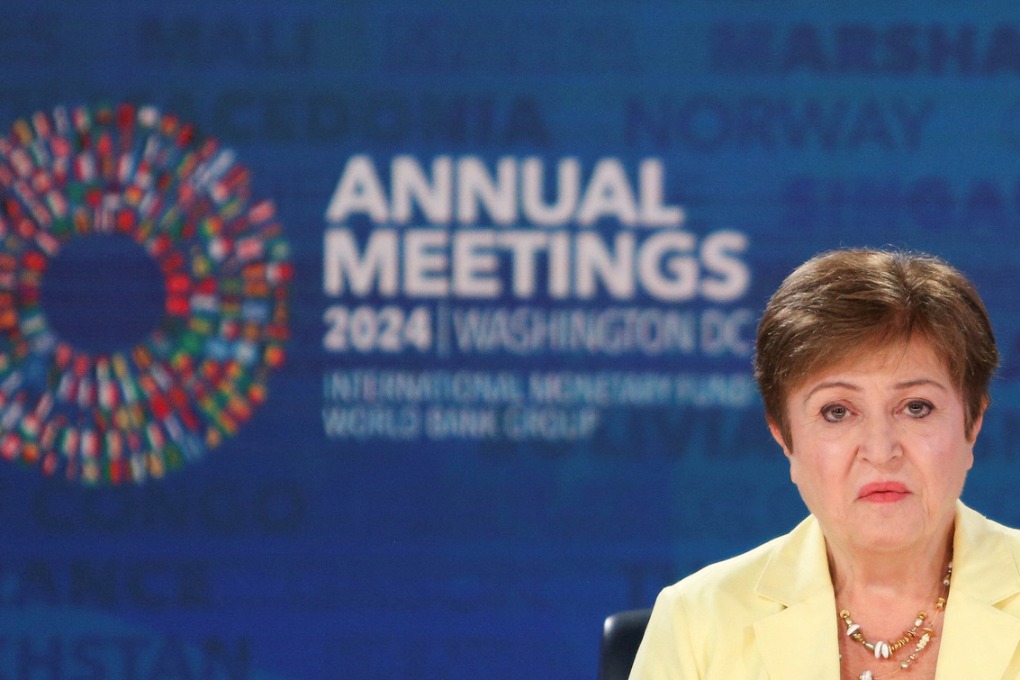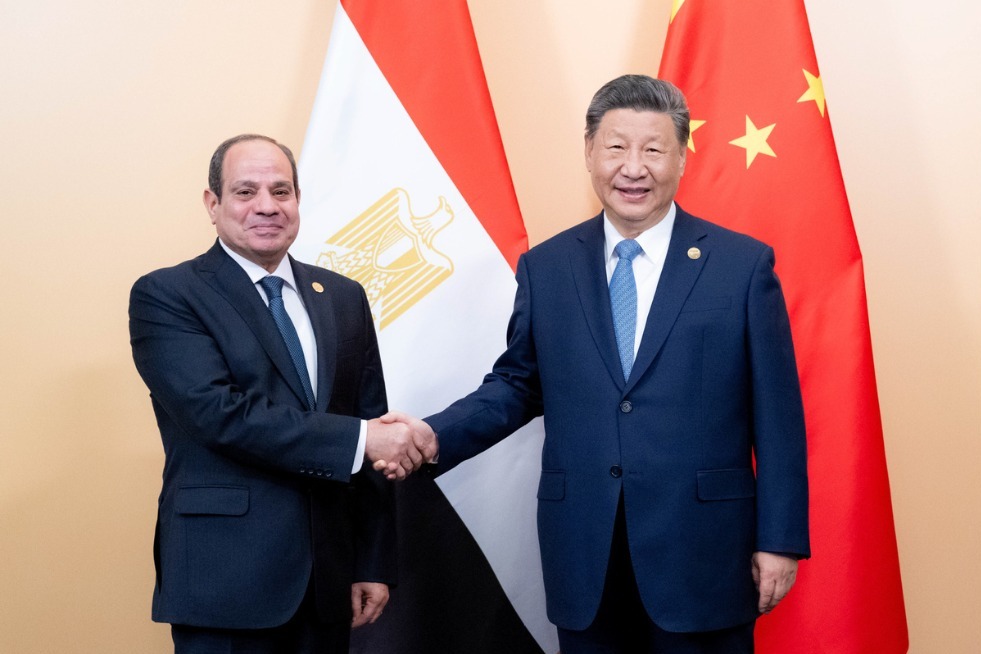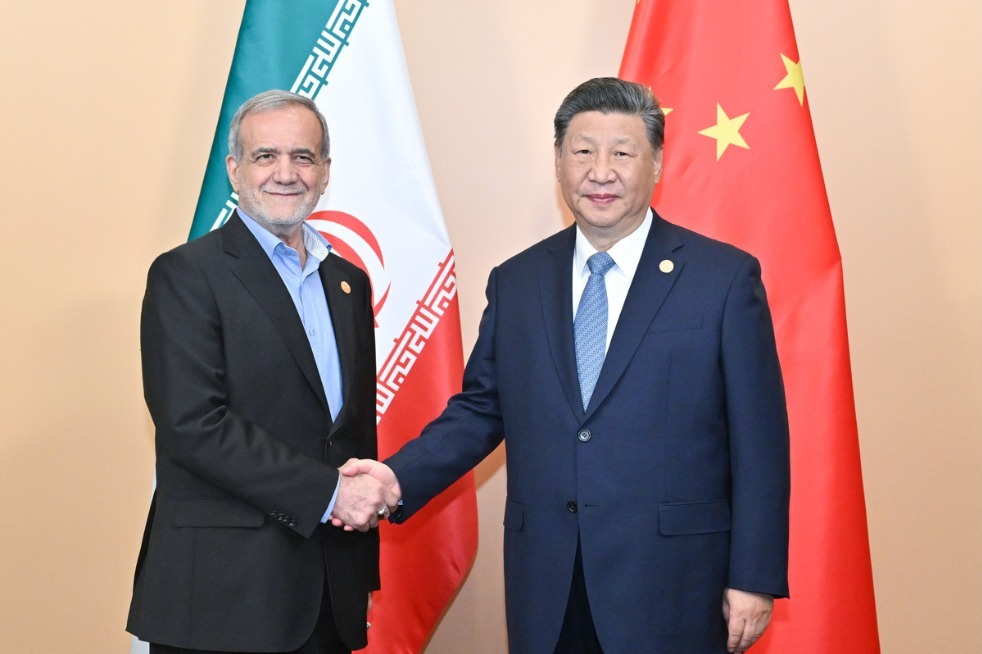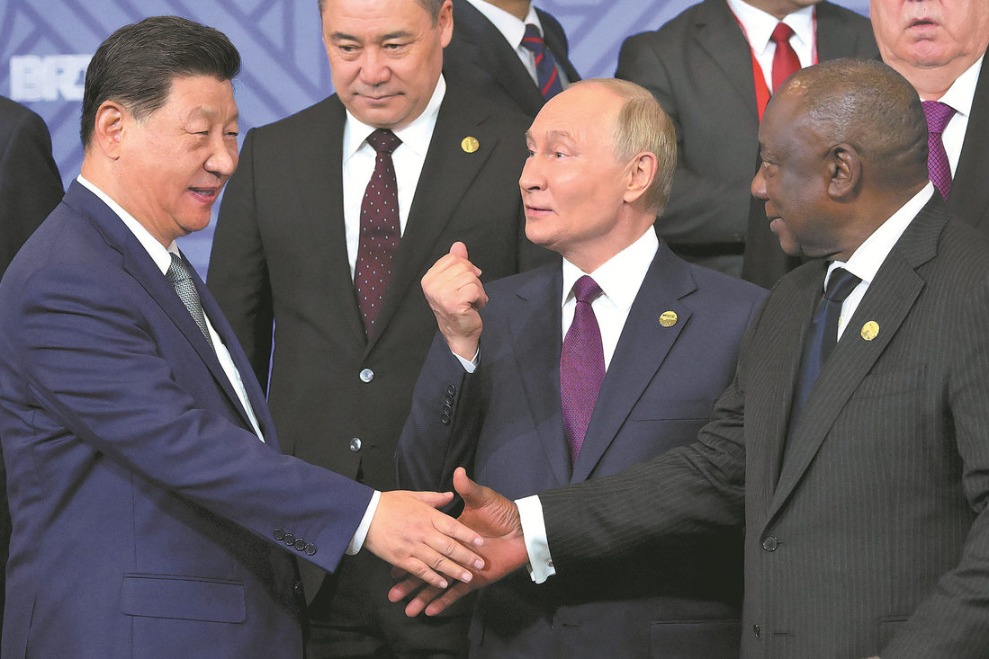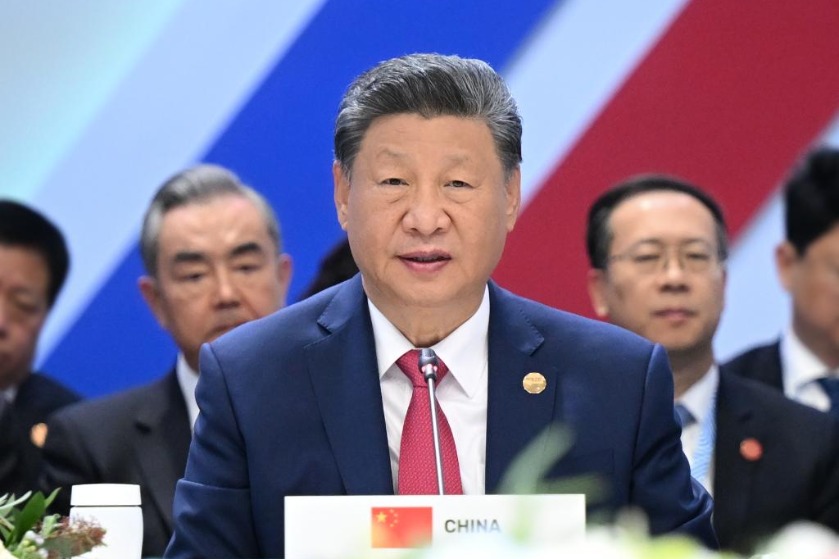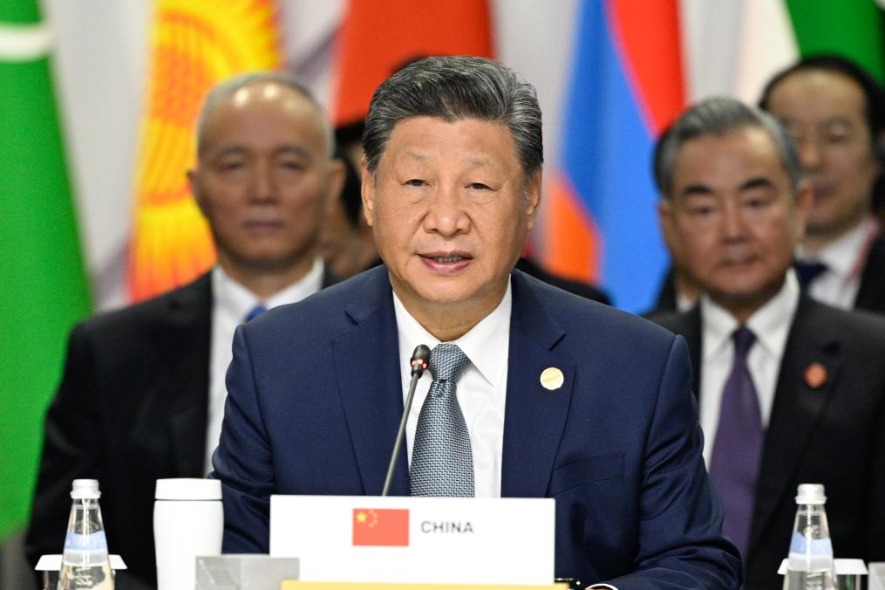Majority of Britons want PM to scrap cap on foreign doctors: poll

LONDON - Britons overwhelmingly want British Prime Minister Theresa May to relax immigration rules to allow more non-European Union doctors into the country to fill empty posts in the British National Health Service (NHS), a new poll revealed Friday.
The Ipsos MORI survey for the London-based Evening Standard newspaper found adults believe -- by two to one -- that a cap on skilled workers should either be ditched or relaxed for medics from outside the European Union (EU).
Ipsos MORI interviewed 1,015 adults across Britain by telephone between May 18-22.
Almost 2,000 doctors and health professionals had visa applications rejected in the four months to March due to the annual cap of 20,700 on skilled workers from non-EU countries.
The latest poll found that 37 percent of Britons said there should be no cap on these doctors, while a further 27 percent believe more visas should be issued.
Just nine percent want fewer visas for this group, and three percent want no visas for them at all. Nineteen percent say the cap should remain at the present level.
In a sign of how out of step the ruling Conservative Party are with younger voters on immigration, three quarters of 18 to 34-year-olds said the cap should either be axed for doctors or more Tier 2 visas should be issued.
The survey also found that 49 percent of adults want the cap to be either scrapped or eased for engineers, compared with 17 percent who want it tightened.
A similar picture emerged for teachers: 48 percent compared to 16 percent.
A British Home Office spokesman said: "The government fully recognises the contribution that international professionals make to the UK."
"However, it is important that our immigration system works in the national interest, ensuring that employers look first to the UK resident labour market," the spokesman added.
The poll also found falling trust in the prime minister on the issue of immigration. The proportion of Britons who do not have much trust or none at all in May was 62 percent, far more than the 38 percent in September 2016, just after the EU referendum that year.
This gives her a similar rating to opposition Labour leader Jeremy Corbyn, whose figure is 60 percent, although more people do not trust him at all -- 40 percent, compared with 31 percent for the prime minister.
















